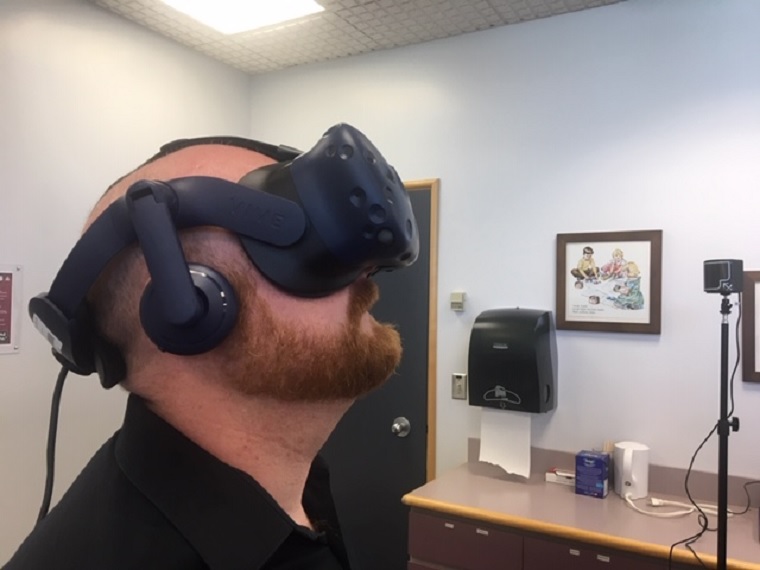Underwater sea excursions and trips to Mars are all on the agenda for students in the Pembina Trails School Division this school year.

Except the students won’t actually be leaving the classroom, they’ll be travelling virtually.
In a first-of-its-kind program, three schools within the division have been given Virtual Reality (VR) sets in hopes of providing students a more immersive experience. If successful the program could expand to other schools.
“If I just put a textbook in front of a student, or I just show a video, they’re not as engaged anymore,” David Gamble, Technology Education Consultant with the Pembina Trails School Division said.
“Our students have grown up with the iPad in their hand, the cell phone in their pocket. You need to offer them an experience that shows that education is value.”
Each of the chosen three schools will receive at least two virtual reality sets; which include the headset, controllers, computer and software.
For the unfamiliar the headset is essentially a display screen that wraps around the users head. With 3D imaging, sound that matches the experience, and controllers, the user can move through thousands of different settings. Each set (which cost about $4,464 apiece) has the ability to share what the user is seeing, onto a projection screen, so the entire class can participate.

Get daily National news
“You can travel through the blood stream … do 3D modelling, there are some great ones where we can practicing surgery or learn how MRI’s work,” Gamble said.
It’s all part of a pilot project that will see a $75,000 investment to create three STEM labs (science, technology, engineering and math) within the division.
While Gamble sees the greatest impact in sciences and engineering, there are a variety of programs that can also provide a more emotional experience.
“We also have programs about experiencing what it’s like to be a child refugee or experience homelessness…like do you eat or find shelter,” Gamble said. “This goes way beyond what we officially thought it could do.”
Westdale, General Byng and Ecole Viscount Alexander schools have been chosen to lead the program.
Training is underway for teachers who will first start using the technology with students in Grades Five through Eight.
WATCH: Using virtual reality to bring students closer to the lesson





Comments
Want to discuss? Please read our Commenting Policy first.